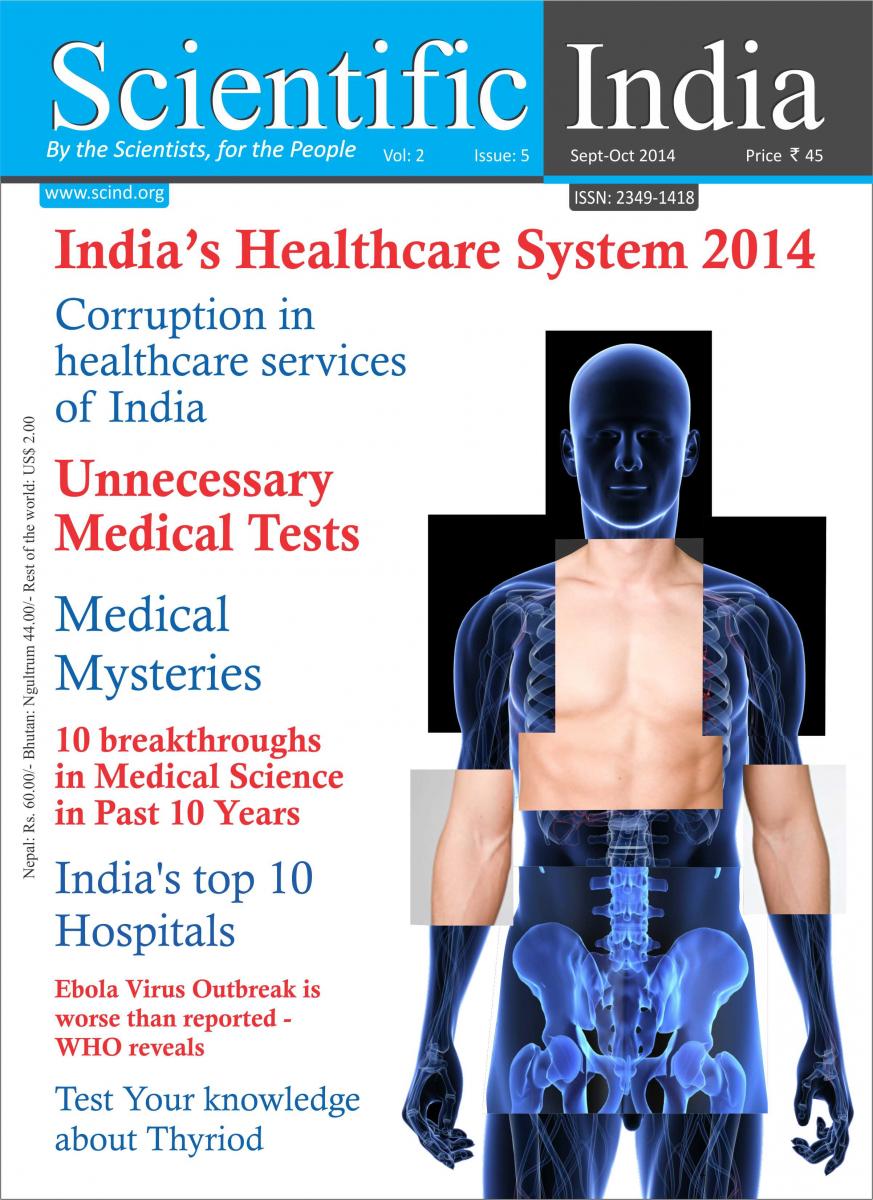A Cognitive Review On Microplastics And Their Effects On Marine Ichthyofauna

College of Fisheries Science, Kamdhenu University, Veraval, 362265, India
Microplastics are a composite group of copiously reorganized, imitated organic particulates that pollute a variety of ecosystems. It is an emanation pollutant that has attracted widespread recognition due to its very small size (<5 mm). Awareness of the waste plastics pose to marine ecosystems developed gradually through the 1960s and 1970s. But nowadays they are ubiquitous occurring globally in each and every marine domain and their distribution is affected due to changes in plastic composition and environmental conditions. Furthermore, MPs are routinely identified in the gastrointestinal tract of aquatic organisms worldwide. The comparably smaller size of MPs makes it easy for the particle to enter the food chain. An overview of microplastic pollution is debated in the present paper which includes the history, categories and sources of MPs, usage in fisheries and aquaculture, uptake in different aquatic organisms, along with significant challenges and abatements measures.
